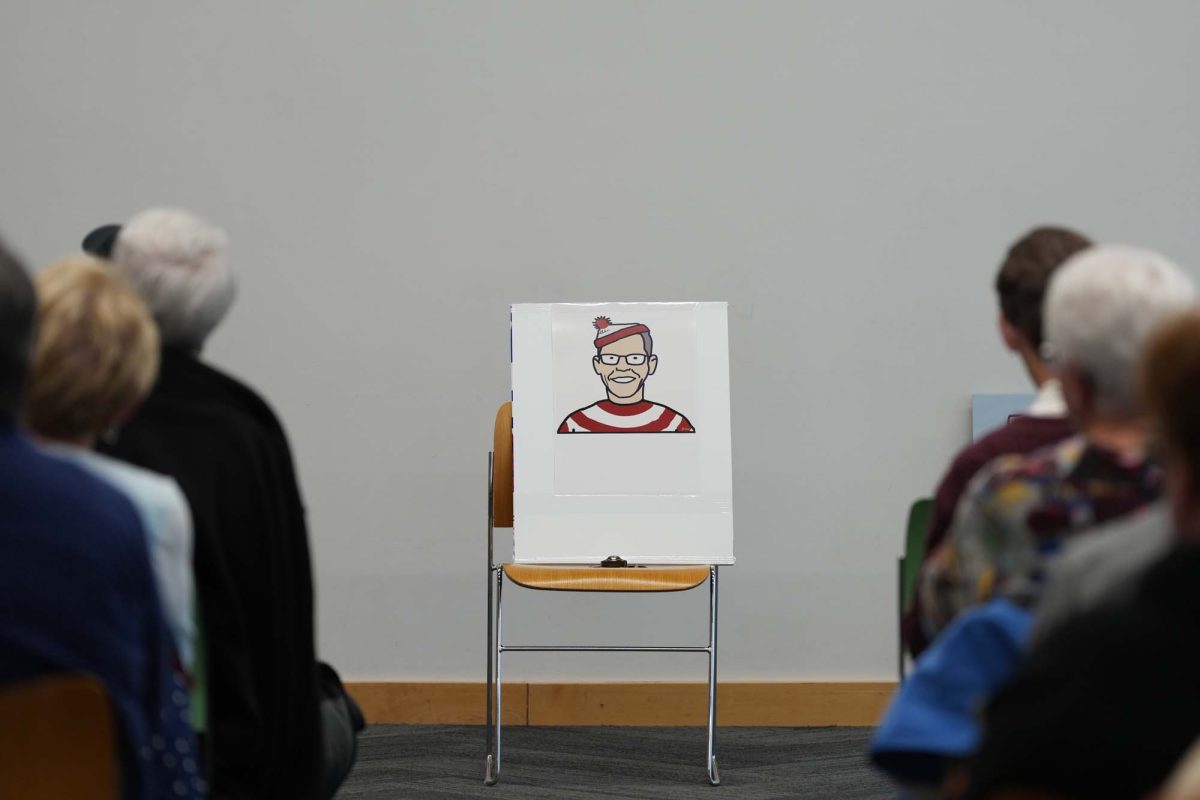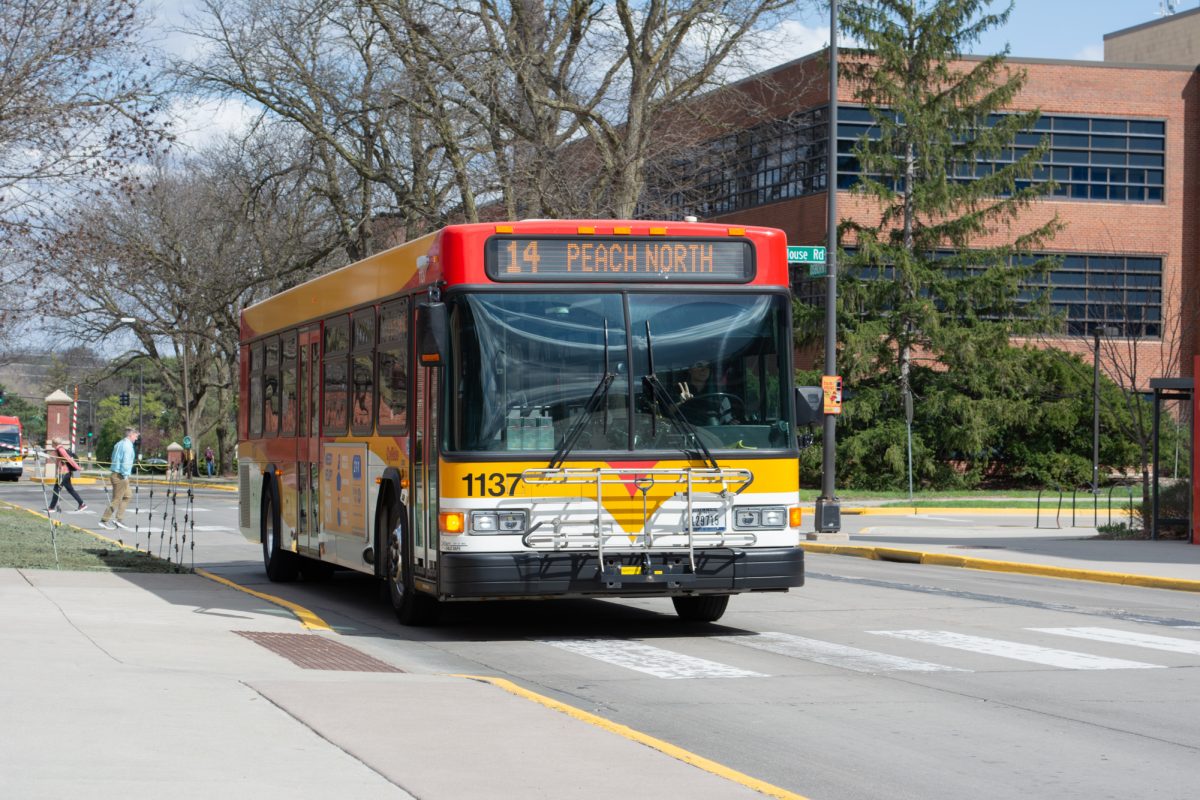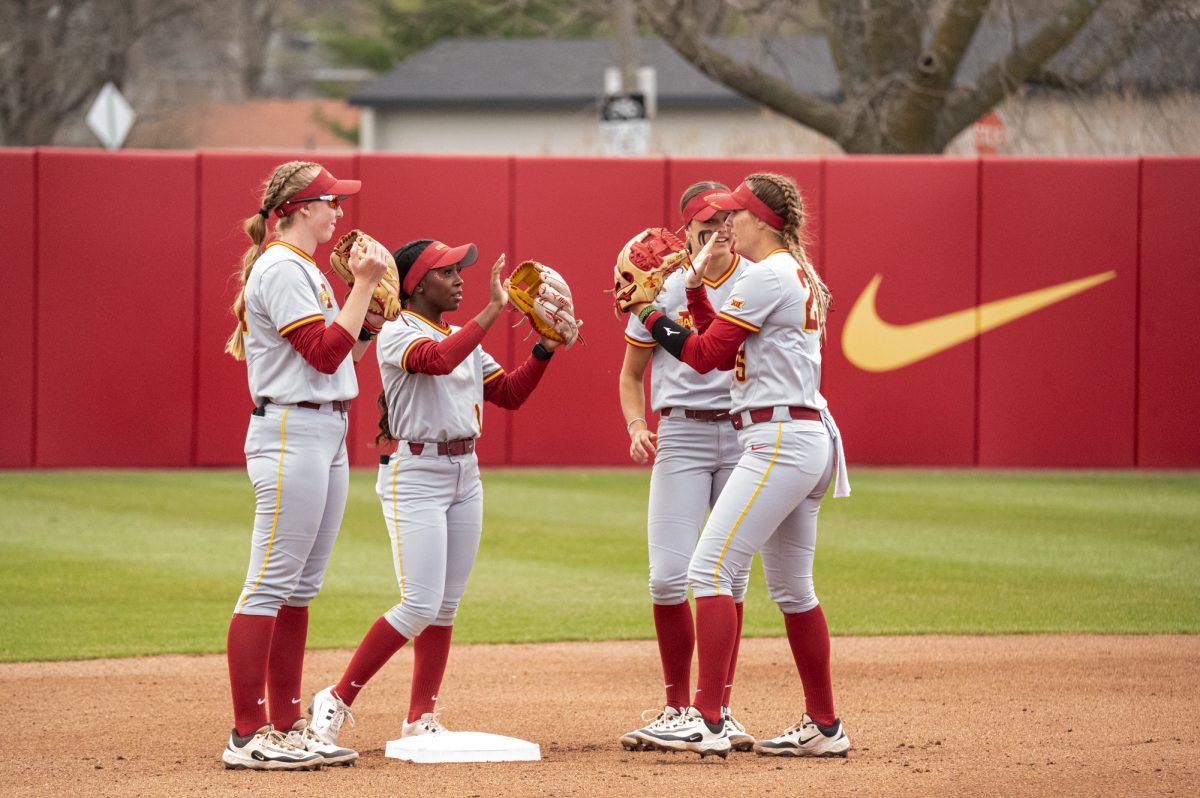Vet Med candidate foresees ‘great potential’ in program
April 7, 2004
The College of Veterinary Medicine has the potential to be even greater than it already is, the second of three Veterinary Medicine dean candidates said.
Warwick Arden, professor and head of veterinary clinical medicine at the University of Illinois at Urbana-Champaign, presented his views on scholarship at a land-grant university to a group of about 60 faculty members and students Tuesday. He also stressed the importance of maintaining the focus of the college’s principal mission of building knowledge.
His current philosophy is looking at priorities, developing strategies and making investments that will pay off five, 10 or even 15 years down the road, he said.
Arden said he is interested in Iowa State because the college has a strong reputation for leadership.
“There is an enormous potential for expanding … it is a great school, but it has greater potential,” he said.
Arden discussed three dominant issues the college will have to overcome.
“The single most important issue is to expand the public’s perception of the broad societal value of veterinary medicine,” Arden said. “The college is highly valued within the university, and the university is highly valued within the state,” he said.
The second issue is maintaining excellence and diversity throughout an inherently broad profession, and the third involves taking a leadership role as a college in historically difficult or contentious areas.
One of Arden’s top priorities is faculty, he said, including recruiting and maintaining great faculty and staff members.
“I am truly passionate about recruiting great faculty and great staff,” he said.
He said he believes in being an enabler by putting resources in the hands of the faculty and allowing them to build the programs themselves. He said there needs to be a balance and there needs to be a way to make sure programs are effective.
In order to improve on the quality of the programs at the college, Arden stressed the importance of conducting outcome assessments of each program. To measure outcomes and assess programs, it is best to collect data from graduate veterinarians who are five or 10 years out of school, he said.
The problem is that one can’t have an assessment of that outcome until 10 years down the road, which might throw off all of the students in the meantime, he said.






